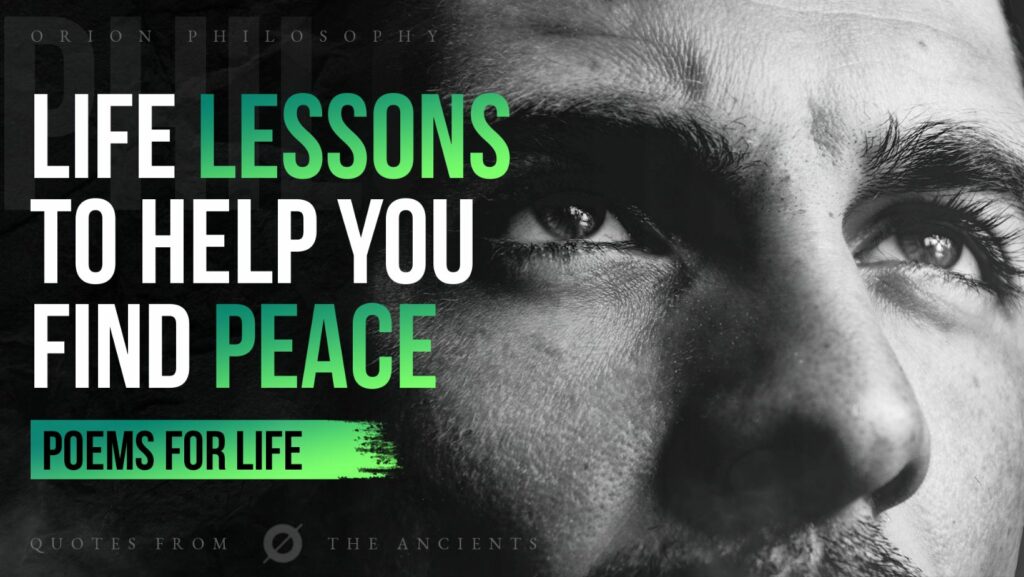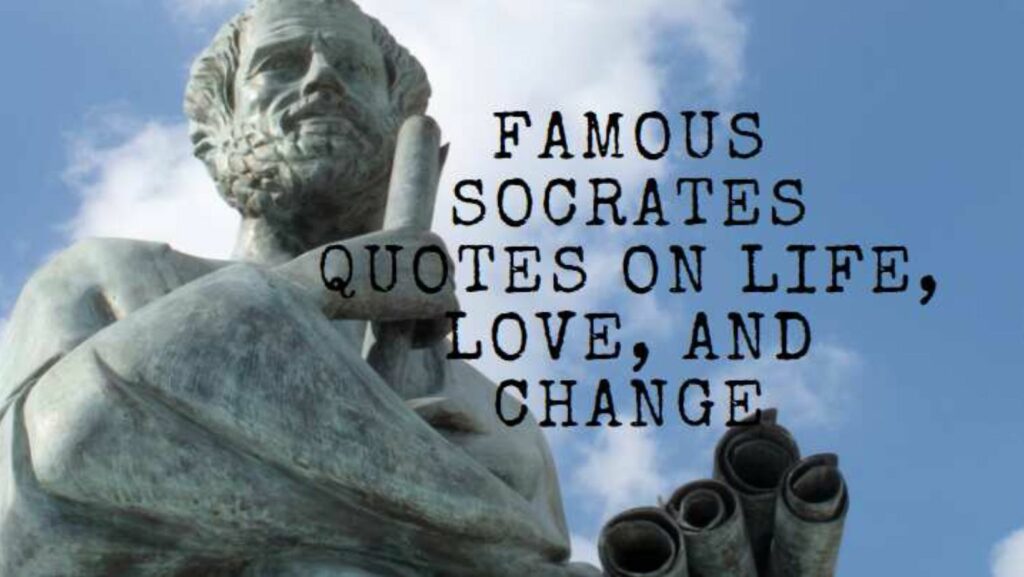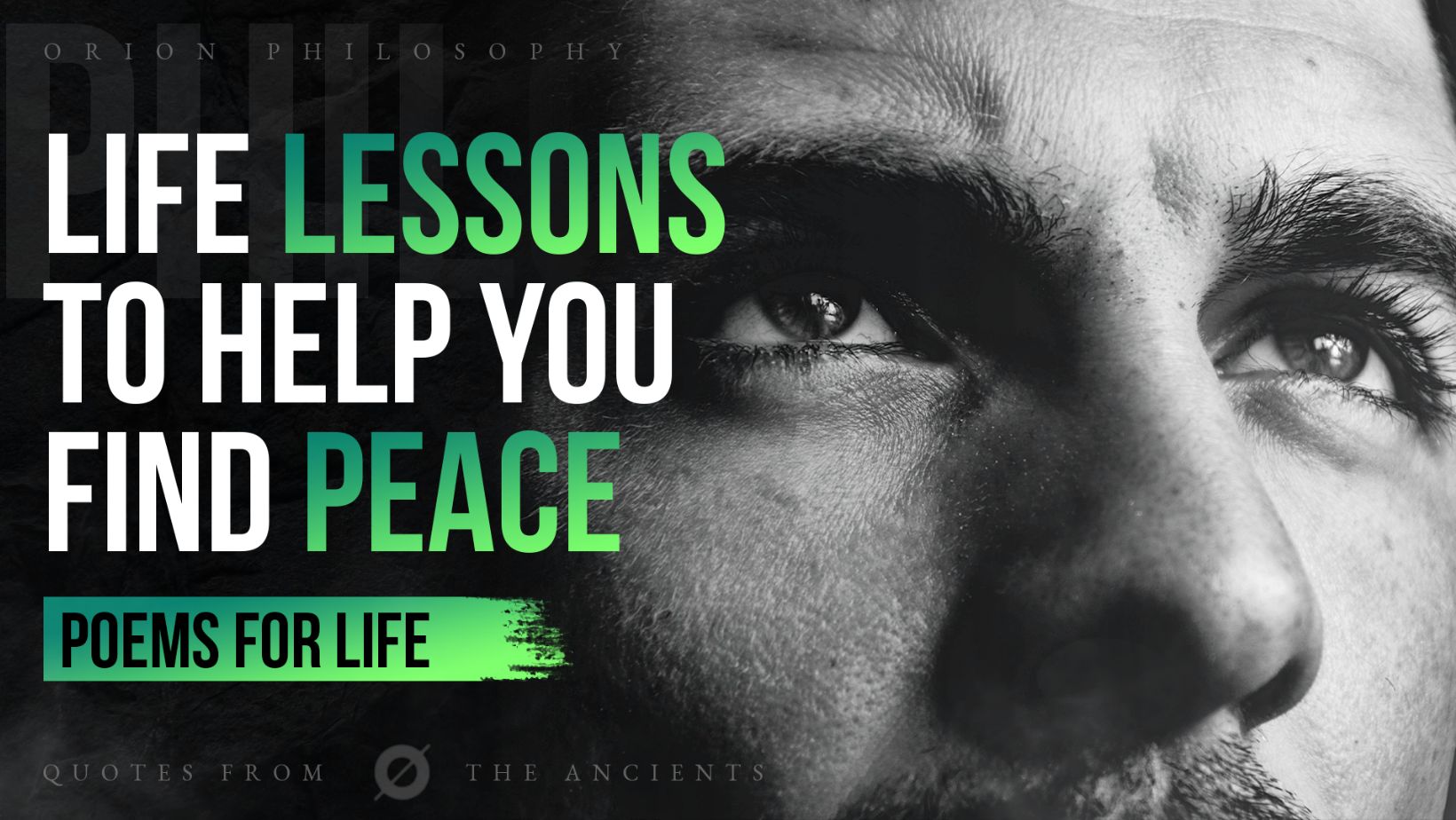
What is Your Philosophy of Life
Exploring one’s philosophy of life is a journey that delves into the core beliefs and values that shape one’s existence. What is your philosophy of life? It’s a reflection of how individuals perceive the world around them, make decisions, and navigate the complexities of life. Your philosophy of life serves as a guiding light, influencing your choices, relationships, and overall outlook on existence.

In this article, we unravel the essence of a personal philosophy of life, examining the fundamental principles that drive individuals towards fulfillment and purpose. What is your philosophy of life? By understanding and articulating one’s philosophy, individuals can gain clarity, direction, and a sense of grounding in a rapidly changing world. Join us as we embark on a thought-provoking exploration of what it means to define and live by your unique philosophy of life.
Exploring the Concept of a Life Philosophy
To comprehend the essence of a life philosophy, one must first delve into the depths of defining what it encapsulates and the significance it holds in guiding one’s existence and decisions.
Defining What Is Your Philosophy of Life

A personal philosophy of life encapsulates an individual’s fundamental beliefs, values, and principles that shape their worldview and actions. It serves as a compass, providing direction, purpose, and a moral framework for navigating life’s complexities.
The Importance of Having a Life Philosophy
Having a well-defined life philosophy is crucial as it offers a sense of clarity, coherence, and meaning to one’s life. It guides decision-making, fosters personal growth, nurtures resilience in challenging times, and enhances overall well-being and fulfillment.
Major Philosophies That Shape Lives
Exploring different philosophies can significantly impact how individuals perceive and interact with the world, influencing their beliefs, values, and life choices. Here are some major philosophies that shape lives:
Stoicism and Emotional Resilience
Stoicism, a philosophical belief system founded in ancient Greece, encourages individuals to focus on what they can control and accept what they cannot. It emphasizes developing emotional resilience, maintaining a sense of inner peace, and viewing challenges as opportunities for growth. Stoicism teaches individuals to manage their reactions to external events, fostering a mindset of tranquility and self-improvement.
Existentialism and Personal Freedom
Existentialism, a philosophical perspective that emerged in the 20th century, revolves around the idea that individuals are free to define their own existence and create meaning in an otherwise indifferent universe. It emphasizes personal responsibility, authenticity, and the importance of making conscious choices in the face of life’s uncertainties. Existentialism encourages individuals to embrace their freedom, confront their mortality, and find purpose in a seemingly meaningless world.
Pragmatism and Practical Approaches
Pragmatism is a philosophical approach that values practicality, experience, and the consequences of actions as the criteria for truth and meaning. It emphasizes problem-solving, experimentation, and adapting beliefs and practices to achieve desirable outcomes. Pragmatism encourages individuals to focus on real-world applications, seek practical solutions to problems, and remain open to revising their perspectives based on empirical evidence and results.
How to Develop Your Own Philosophy of Life
To develop your philosophy of life, begin by reflecting on your personal values and beliefs. Understand what truly matters to you and what principles guide your actions.
Reflecting on Personal Values and Beliefs

Reflect on what is important to you and what principles resonate with your core being. Consider what virtues you admire in others and strive to embody in your own life. By aligning your actions with your values, you can create a philosophy that is authentic and meaningful to you.
Learning from Historical and Contemporary Philosophers
Study the teachings of both historical and contemporary philosophers to gain insights into different perspectives on life. Learn from the wisdom of thinkers such as Aristotle, Confucius, or modern philosophers like Simone de Beauvoir or Alain de Botton. Their ideas can inspire and challenge your own beliefs, helping you refine your personal philosophy.
Integrating Philosophies into Daily Living
Once you have identified your values and explored various philosophies, it’s essential to integrate them into your daily life. Practice mindfulness, self-reflection, and introspection to ensure your actions align with your beliefs. By living according to your philosophy, you can cultivate a sense of purpose and direction in your life.

Leave a Reply